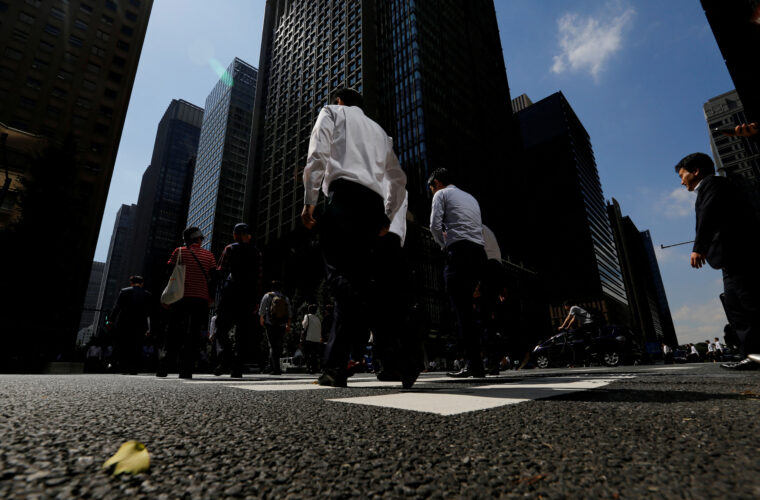Japan is the new desire destination for digital nomads (but not for everyone)
To the delight of the many lovers of Japanese culture, cuisine, fashion, and lifestyle, Japan is now among the possible destinations for digital nomads. At the end of March, one can start applying for a visa to live in the country while working remotely, either as a freelancer with clients living abroad or as an employee of a foreign company.
Being able to enjoy the wonders of Tokyo, the beauty of Osaka, the uniqueness of Kyoto or the mountains of Hokkaido and the beaches of Okinawa will be easier for citizens from 49 countries, including EU member states, the US and the UK. There is one major limitation, however, as the barrier to entry is the minimum amount each applicant must earn from their job. The annual income that must be demonstrated is at least 10 million yen, equivalent to more than €60,000, in addition to taking out private health insurance to cover any illnesses.
Digital nomads who receive the visa can stay in Japan for six months, even with partners and children; then they will have to go across the border as there is no possibility of renewal, but only make a second application once abroad. The alternative is to go for a tourist visa, which expires after 90 days.
The high barrier to entry for three Asian countries
Having had the opportunity to visit Tokyo thanks to my work six months before the start of the 2020 Olympics (when the world had not yet discovered the Coronavirus nightmare), I advise anyone who can do so to consider moving to Japan. The seriousness and respect of the people, together with the state-of-the-art technological solutions, the cleanliness of every environment, and the high level and number of services that make it possible to get around the city quickly and safely at any time of day or night are plus points for those curious to land anywhere in the archipelago of 14,125 islands.
Japan digital nomads
The conditions imposed by the Immigration Agency severely restrict the pool of potential visa applicants; after all, Japan’s requirements are very similar to those prescribed by South Korea, another Asian country that guarantees so much innovation and trends in vogue around the world. In addition to the approximately €61,000 annual income, the South Korea Digital Nomad Visa requires health coverage for the entire period of stay (one can stay up to two years, with the possibility of renewal for another twelve months). You will be surprised to know, however, that there is a South East Asian country that has launched a visa for long-distance workers with even stricter rules: this is Thailand, which only accepts those who earn at least €75,000 per year (to be proven in the two years preceding the application) and have assets approaching €1 million.


Lights and shadows: the impact of digital nomads on the local economy
While it is true that these requirements seem to close the doors to most digital nomads, Japanese institutions are convinced that the visa dedicated to them can prove helpful in moving the economy of a country still struggling with the long post-COVID aftermath. The arrival of professionals who have economic means and are willing to spend income from foreign companies, activities and services in the country is a plus for the local economy, even if the other side of the coin determines the soaring prices of rents and real estate, precisely because digital nomads have greater financial resources than the average local citizen. The latter effect has occurred in all cities and towns that have attracted large numbers of foreigners in the last 10-15 years: it has happened in Barcelona as in Lisbon.
I have named two cities as symbols of digital nomadism, so much so that most of the approximately $787 billion per year with which remote workers contribute to the global economy (the estimate is from Carlos Grider‘s 2023 survey) ended up in Spain and Portugal, two of the most popular countries for digital nomads. VisaGuide.The World‘s latest survey of top destinations awarded the Iberian country as the ideal destination for those who work remotely. Merit for the income required to obtain a visa, €2,600 per month, the quality of life and an average monthly cost of less than €700 to live. A figure that goes much higher if you stay in Madrid, Barcelona, Valencia or Ibiza, where, from multiple personal experiences, everything is (almost) beautiful but more expensive.



